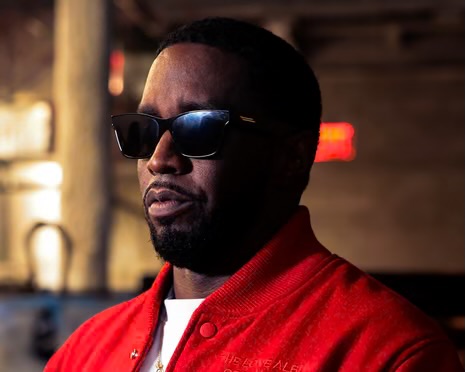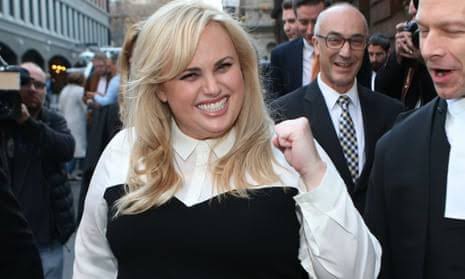In a profound revelation about Sean "Diddy" Combs' past, former associates from his 90s music label, Bad Boy Records, have come forward with unsettling stories of sexual misconduct, violent threats, and a culture of exploitation. Daniel Evans, a former music executive at Bad Boy, recalls a threatening conversation with Combs, where he stated, "I have so much money now that I could hire someone to kill you." These comments were made in 1997, shortly after Combs had struck gold with a substantial $6 million bonus for the label’s success, underlining the transformation in his character fueled by immense wealth.
As allegations of sex trafficking and racketeering loom over Combs, who've entered a phase of extreme legal scrutiny, the BBC uncovered testimonies from over 20 former employees detailing unsettling events they claim to have witnessed. Instances include Combs reportedly having sex with women in the studio without regard for the onlookers and using company funds to fly women into town for sexual encounters—a claim that further exemplifies the toxic culture at the height of Bad Boy Records’ success.
Among grave allegations made by victims, one woman accuses Combs of raping her at a promotional event for The Notorious B.I.G., where she asserts he warned her about secrecy under threat of harm. In response, Combs' legal representatives dismiss these allegations as baseless and fueled by a desire for publicity.
Combs, who burst onto the music scene with Bad Boy Records in 1993, quickly grew notorious for lavish parties attended by high-profile celebrities, including former President Donald Trump. However, former associates such as Tony Buzbee, an attorney representing alleged victims, emphasize that inappropriate behavior has long roots in the label's culture, often shielded by the glamour surrounding its executives.
Evans discussed a specific instance in the recording studio, where he stumbled across Combs engaged in sexual acts, raising concerns over the well-being of women involved. Felicia Newsome, another former studio manager, supported claims of Combs making inappropriate requests of staff regarding sexual activities, indicating that unacceptable conduct was tolerated within the industry.
Further narratives highlight an ongoing pattern of sexualization, manipulation, and alcohol-fueled environments, where mistreatment frequently happened behind the façade of fame and fortune. The music industry, seemingly rife with advances and harassment, is brought to light through Evans’ reflections on a time when workplace boundaries were often blurred, particularly related to age disparities among staff.
As more details continue to unfold regarding the charges against Combs, many who were close to him grapple with reconciling their memories of the artist with the serious allegations that have surfaced, leading to deeper questions about the true nature of his character and the impacts of wealth on moral integrity. Combs, who has gone through numerous reinventions as an artist, from Puff Daddy to P Diddy and now "Love," may find his trial, scheduled for May, revealing even more complex layers of his storied yet troubled past.






















